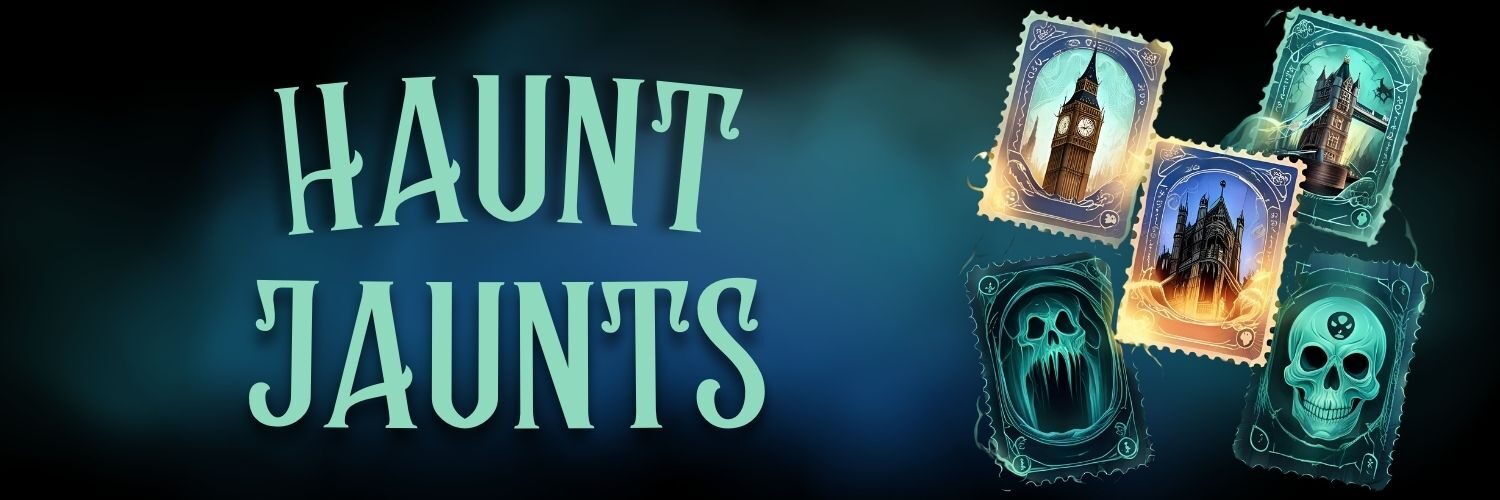
Besides green beer, shamrocks, and pots of gold, leprechauns are also prevalently represented on St. Patrick’s Day. So you might think, and rightfully so, that Leprechaun Day would fall on March 17. Because, yep. There is such a day to revere the wee little green guys.
However, if you go searching for Leprechaun Day on the Weird Holidays & Observances page, you won’t find it where you think you would if you’re expecting to find it in March. It’s one of those weird holidays that’s not where it should be.
At least in my mind. Another one is Build a Scarecrow Day, which is in July. I would’ve thought it’d be sometime in early Fall, but it’d be too late by then to build one. Farmers need scarecrows to protect their crops, many of which are harversted come September and October. Looking at it from that perspective, July makes sense for having a Build a Scarecrow Day.
If we dig in and examine leprechauns and the day that celebrates them, will we find that it’s non-St. Paddy’s Day placement also makes sense? Let’s find out.
When is Leprechaun Day?
First of all, you might be wondering, “If Leprechaun Day isn’t on St. Patrick’s Day, then when is it?”
It falls on May 13.
Leprechaun Day Origins
As Days of the Year put it, “The origins of Leprechaun Day are just as mysterious as the hiding places of the pots of gold belonging to the little folk.”
We’ll get to the legends surrounding their pots of gold, but Days of the Year wasn’t lying. Trying to uncover the origins of Leprechaun Day proved elusive.
The first newspaper reference to it that I could find was from 1992 in the Bangor Daily News:
But it likely started before this. Exactly when, who started it, or why still remains a mystery. (For now. I’m always digging to uncover weird day origin stories. If I find anything more, I’ll be sure to update!)
Leprechaun Lore
Speaking of origin stories… What are leprechauns? Where did they come from? When did they first appear in mythology?
Some classify them as fairies while others categorize them as elves.
LiveScience offered two possibilities for where the name leprechaun comes from, including eighth-century legends of water spirits called luchorpán, meaning small body. Somewhere along the way, these sprites were combined with another “mischievous household fairy said to haunt cellars and drink heavily” and came to be known as leprechauns.
Or, as has also been suggested, do they hail from the Irish for shoemaker, leath bhrogan?
No matter where they came from or what they are, be it sprite or elf, all agree they’re tricksters…and that each has a pot of gold.
Days of the Year offered a story about where their gold comes from. It happened when the Danes invaded Ireland and entrusted their plunder to the wee folk, who didn’t prove trustworthy after all. The leprechauns hid it all over Ireland to keep for themselves.
However, popular Irish folklore says that there are two ways you can find their fortune and claim it for yourself:
- If you find a leprechaun or catch him you are entitled to his pot of gold, which he can give you in exchange for his freedom.
- Rainbows illuminate where leprechauns have buried gold, so find the end of one and start digging!
Leprechauns are also said to have the power to grant three wishes. Maybe one of them could be, “I wish you’d give me your pot of gold!”
Do leprechauns make sounds?
If you’re trying to catch a leprechaun, is there something you should watch for in particular when searching for them? More like something you should listen for: merry singing and “the tap-tap-tapping of his tiny cobbler hammer, driving nails into shoes.”
Leprechaunism
Did you know there is a genetic birth disorder called leprechaunism? That was something else I learned thanks to LiveScience.
The condition is also known as Donohue syndrome, which is the term most researchers prefer since, as LiveScience pointed out, families may view “leprechaunism” as pejorative.
But what is it?
It’s a very rare recessive genetic disorder characterized by abnormal resistance to insulin. It’s so rare that “only 50 cases have been reported in medical literature.”
Babies who are born with Donohue syndrome are “unusually small before and after birth” and experience a “failure to thrive.” Physical characteristics include abnormally large ears and mouths on an abnormally small head and skin issues. Their internal organs are also liable to be enlarged and potentially cause problems like repeated hernias.
Other than being born small, I’m not sure how this disorder got the name it did. Although those with the last name “Donohue” may not like that so much either.
An Irish Blessing (Or Two)
Since the topic of leprechaunism was pretty heavy, let’s lighten things back up with an Irish blessing. Well, two.
My favorite that makes me chuckle every time I read it is:
May those who love us, love us.
And those who don’t love us,
May God turn their hearts.
And if He doesn’t turn their hearts,
May He turn their ankles,
So we may know them by their limping.
However, a blessing that more closely matches the theme of this post is:
May you have all the happiness
And luck that life can hold.
And at the end of your rainbows
May you find a pot of gold.
Happy St. Patrick’s Day, Leprechaun Day, or whichever day your eyes may have found themselves reading this post!
Check-In
If leprechauns could grant three wishes and you caught one, what would you wish for right now?
Courtney Mroch is a globe-trotting restless spirit who’s both possessed by wanderlust and the spirit of adventure, and obsessed with true crime, horror, the paranormal, and weird days. Perhaps it has something to do with her genes? She is related to occult royalty, after all. Marie Laveau, the famous Voodoo practitioner of New Orleans, is one of her ancestors. (Yes, really! As explained here.) That could also explain her infatuation with skeletons.
Speaking of mystical, to learn how Courtney channeled her battle with cancer to conjure up this site, check out HJ’s Origin Story.


I would wish for covid to go completely away! I think leprechauns come from Irish shoemakers since they’re often depicted working on shoes. Hey, maybe a shoemaker tricked an invading Danish soldier and hid the soldier’s plunder, and that’s where the pot-of-gold legend came from.
Okay 1st of call: Best. Wish. EVER!!!!!!!!!! 2nd: I LOVE this explanation!!! Maybe it was a shorter than normal red-haired bearded man who preferred green and was a bit of a dapper dresser with his hat, vest and tie and yes. He worked on shoes. There’s always an inkling of truth/real world in legends. I wish I had thought about it sooner, but I SO love that you brought it to my attention like this! BRAVO!!!